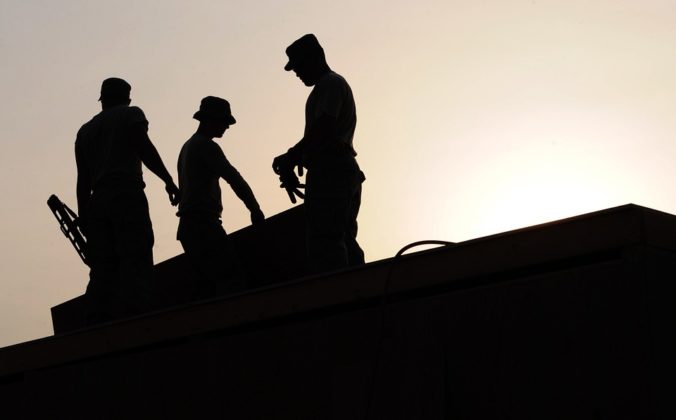JJ just arrived home from an afternoon full of yardwork and football, exhausted. I flopped onto the chair after a day full of childwork and house-ness, exhausted. He, physically spent. Me, emotionally done.
Wait. Aren’t we exhausted because of the work we’re “gifted” at doing? Weren’t we doing the stuff for which we feel best suited? Why are we so utterly exhausted after a basic day’s docket?
Of course, there’s the standard theory: we did it right. We gave it our all. A case could be made in that direction. I’ll pose a co-existing, alternative idea: that whole “live your strengths” thing is more smoke than fire. (Now, now. I’m not saying to be all Even Steven in everything. If you’re not using your gifts, you’re in the wrong spot. But there’s a theory in the world that says you only do what you’re good at and forget the rest. I’m challenging that.)
You see, I recently dove into some lit reviews on the benefits and dangers of youth sports. Stick with me here. There’s great benefit to joining the local baseball team and even traveling a bit with club soccer. However, studies are pretty consistent in showing that the earlier a kid “specializes” – sticks to a single sport – the rate of injury jumps much higher, amongst other pitfalls. It seems the human shoulder wasn’t designed to throw fastballs 7 days a week beginning at age 7.
Too much of our gift invokes fatigue. Even for the things we love; our abilities, our talents.
Recruiters love a well-rounded athlete, one that can use her whole body, not just individual parts and pieces. Why would the bigger scope of our lives be any different?
Taking the half of your life that you do well and ignoring the rest isn’t living a whole life. In fact, I think that’s why we see so much burnout, even in high-level spaces. Really fantastic artists and business executives and athletes and healthcare workers still want to be whole people, perhaps with friends and children and hobbies and a service to a greater good. When they cannot fulfill that because their hours are spent doing their “gift”, they begin to suffer. Their angst doesn’t only affect the spaces they don’t inhabit. Their gifts begin to fatigue.
So while I’m not lobbying to pick up yardwork assignments in our household, I can recognize that bearing an emotional burden day in and day out takes it’s toll when it’s overused. Putting our hands into a variety of work, even when some of it is newer or more challenging, relieves the pressure of our primary assignment and begins to help us develop into stronger overall humans.
